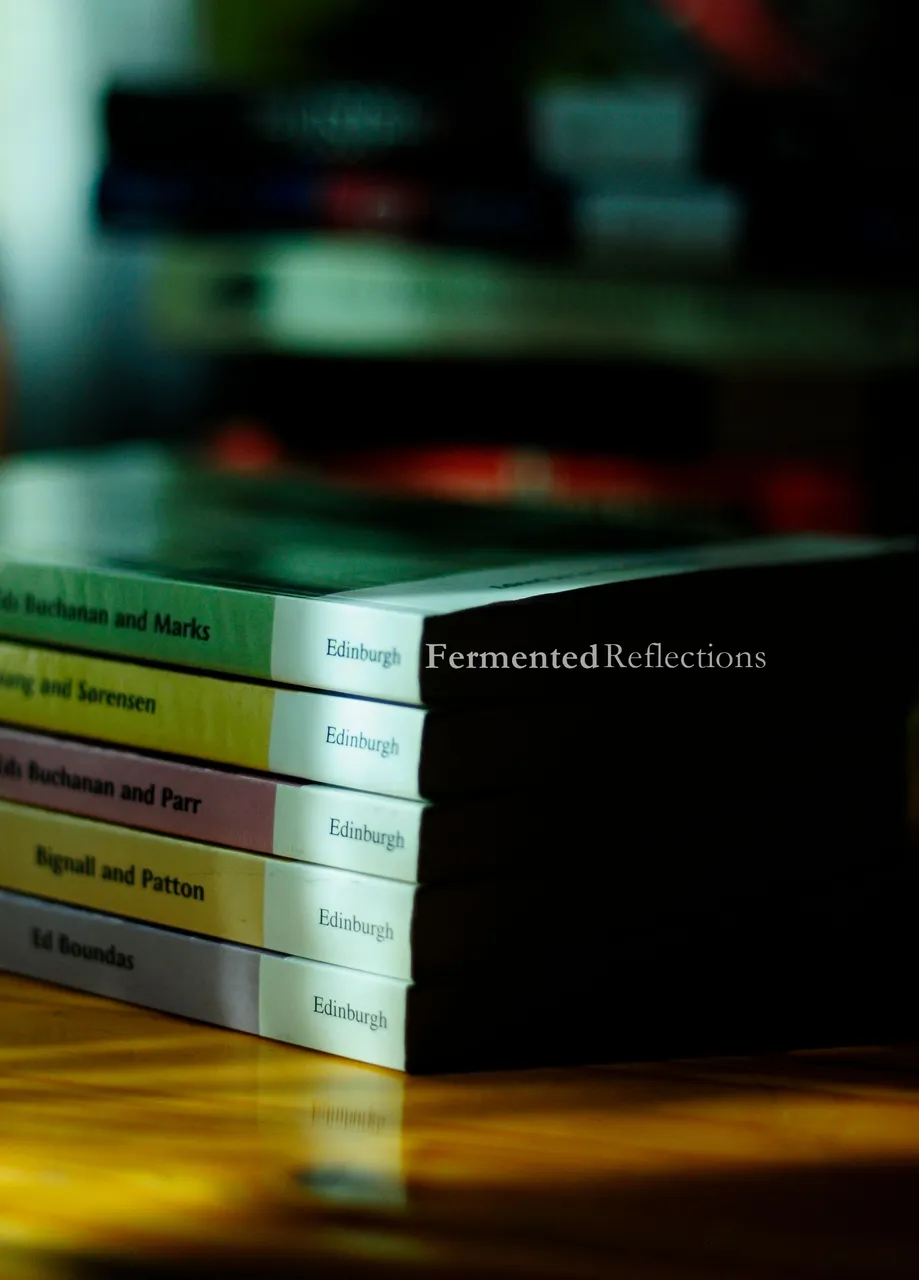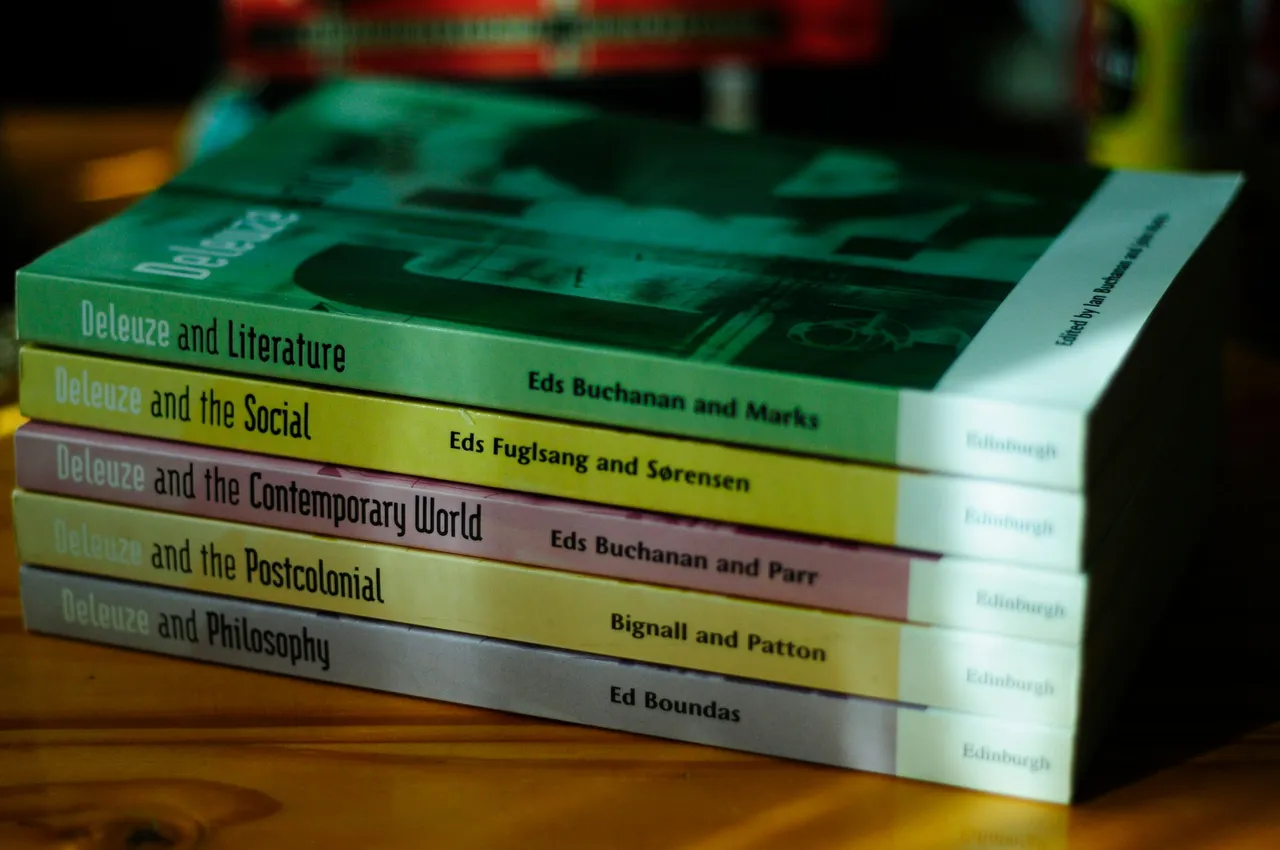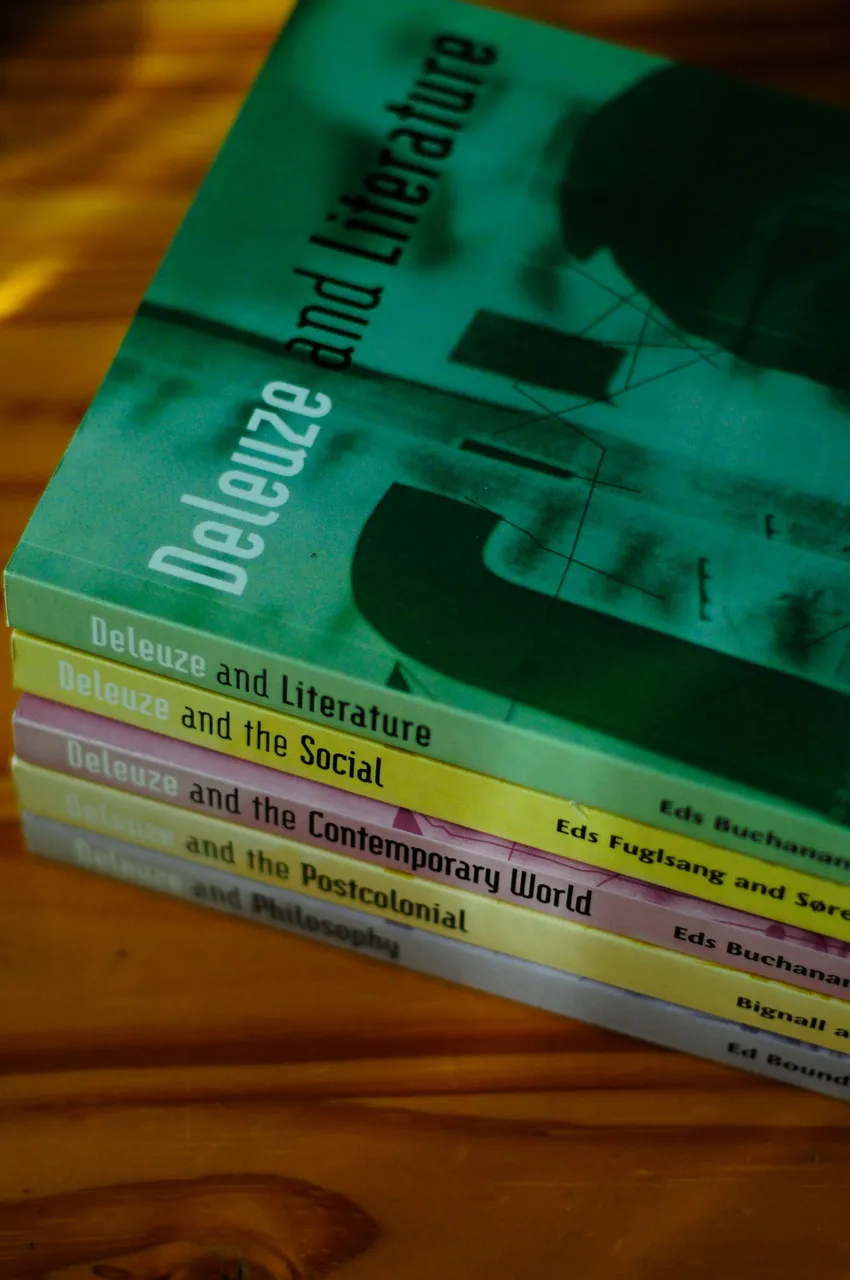... but what does this say about me?
Let me rewind a bit.

We are constantly bombarded with bad news, how terrible everything has become, and how we are slowly consuming the only planet that can (currently) sustain us. The economy is favourable to a select few, and most of us struggle to either make ends meet or figure out where our next paycheck will come from.
In the clouded mess of what can be seen as a life, I am trying to finish my PhD, write books, and articles, present at conferences, and then to try and find a stable and permanent work that can sustain this thing called a life. And sometimes things can get a bit rough, to say the least. And in these "dark" moments, few things stand out as good news.
But there are still some good out there, with good people who just do good without even trying to. And this makes life worth living. But in saying this, I wonder what it says about me? I am a bit confused by my own reflections...

Doing academic research is not cheap. Books are so expensive. This is not an exaggeration. A recent book that I reviewed would set you back $60 (USD) if you bought it on Amazon or 65 EURO on Springer. These prices are well beyond most of the public's reach. Academic books and publishing is one of the craziest schemes out there. But not to dwell too much on this fact, as it is depressing, let me get back to the story with its good and happy ending.
I rarely buy academic books because it is so expensive; I don't have a research fund that pays for these books. But I always visit websites that offer them, because sometimes you find some lucky buy where there is a massive discount. A week or so ago, I was browsing one of these websites, and I found a listing for a book in a bookshop close by that sells academic books. The original price was close to $60 (USD), well beyond my budget, but it was discounted by about 90%. I could not miss this opportunity.

I was sceptical, but because the shop was close by, I tried my luck anyway. And I was right, the book was listed online as reduced by almost 90% but in the store, the original price was still on the back of the book.
I tried my luck, as I sometimes do, and asked jokingly if I could get the book for the price listed on the website, and to my surprise, the person actually sold me the book at the website price. I tried my luck again, but this time really meant as a joke, if I could get the other's in the series at that price as well. The book series is on the philosopher Gilles Deleuze and consists of about 10-15 different books. I am invested in Deleuze's philosophy, but his work is notoriously hard to grasp, especially if you are not well-versed in philosophy. And his books, and books related to his work, are notoriously expensive. Hence why I tried my luck...
And to my surprise, the sale's person wanted to help me out... These books (illustrated in the photographs) are incredibly expensive, but they are on the older side. They have been on the shelves for about 10 years, and some of them are published as early as 2000! In academia, that is quite old, because in 23 year's time, much has moved on. So, the sale's person did something unheard of... He told me to fetch the ones I wanted, he would give me the 90% discount on all of them.

This did not benefit them or the store in any way, except that I paid for the books - but with a 90% deduction. And yet, the person did this selfless act.
But this got me thinking, what does it say about me? Why is it only a selfless and good act when I personally benefit from it? I got the books for a discount, as the initial price was well above my budget, and I would not have bought them if I did not get the discount. But why is the selfless and good act only selfless and good because I gained something?
What does it say about me for wanting things like this?
Maybe I am digging holes around myself in a frantic act of reflecting too deeply about a matter that does not require such thoughts. The funny thing about reflecting on something mundane is that it totally loses its significance and the rigid borders surrounding it - making it sensible - when you ponder about it too much. Take, for example, the act of saying a specific word out loud. If you say the word "BOOK" out loud over and over again for about a minute or two, the borders between the end of the word, -ok, blends into the beginning of the word, bo-. The rigid divide blends away and becomes fluid, the previously discernable word, book, now becomes a strange sound foreign to your own ears.
Contemplation, reflection, and thinking through a problem, is sometimes good, but pondering for too long about a matter makes it even hazier.
In the end, the sale's person did me a great favour, one that only benefited me in the end, and I am so grateful for this selfless act.
Have you recently found such precious and small moments in your life?
All of the writing in this post is my own. The photographs are my own, taken with my Nikon D300.
*Edit: Title grammar.